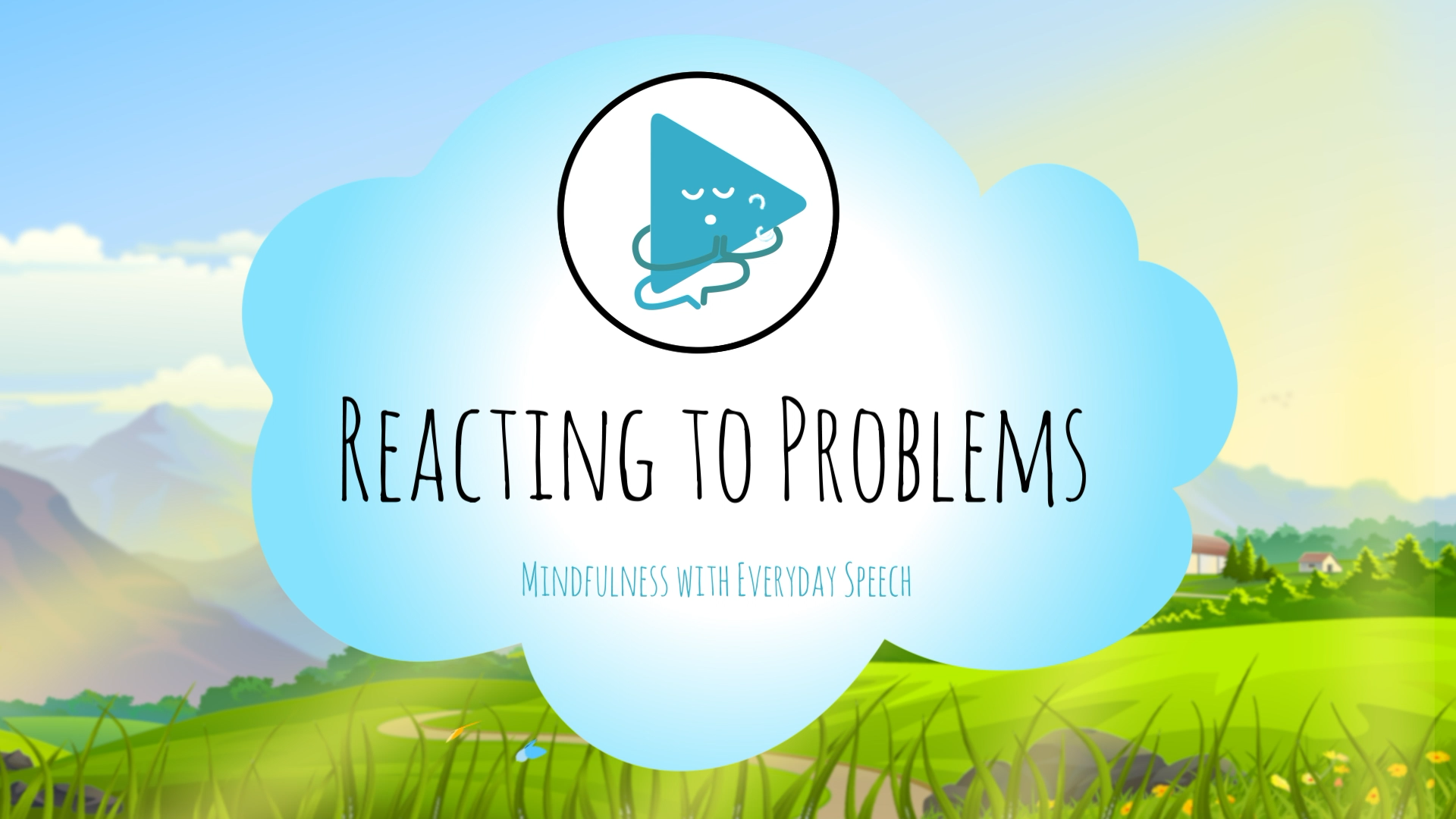Introduction
In our daily lives, we all face problems, both big and small. These problems can arise from our own actions or from circumstances beyond our control. As educators, it’s essential to teach our students how to effectively handle these problems by developing their problem-solving skills and understanding their emotions. This blog post will explore an easy-to-implement activity and discussion questions that incorporate Social-Emotional Learning principles, helping students become better problem-solvers.
No-Prep Activity: The Problem-Solving Traffic Light
This activity requires no preparation or materials, making it an excellent choice for busy educators. The Problem-Solving Traffic Light is a simple mental exercise that students can use in any situation when faced with a problem.
Guide your students through the following steps:
- Red Light: When faced with a problem, students should imagine a red traffic light and pause. This step encourages them to stop and think before reacting to the problem.
- Yellow Light: As students visualize a yellow traffic light, they should assess the situation, considering the time, place, and people involved. This step helps them become more aware of their surroundings and the feelings of others.
- Green Light: Finally, when they see a green traffic light in their mind, students are ready to take appropriate action to address the problem, keeping their emotions in check and considering the consequences of their actions.
The Problem-Solving Traffic Light can be practiced in the classroom or at home, providing students with a valuable tool to tackle problems effectively and manage their emotions.
Discussion Questions
- What are some examples of problems you have faced recently? How did you handle them?
- How can taking a moment to stop and think before reacting to a problem help you make better decisions?
- Why is it important to consider the feelings of others when addressing a problem?
- How can the Problem-Solving Traffic Light help you become a better problem-solver?
- Can you think of a situation where using the Problem-Solving Traffic Light might have led to a better outcome?
Related Skills
In addition to problem-solving, several other skills can help students become more well-rounded individuals and effectively handle challenges in their lives:
- Communication: The ability to express oneself clearly and listen actively to others is essential for successful problem-solving.
- Empathy: Understanding and sharing the feelings of others can help students become more compassionate and considerate problem-solvers.
- Resilience: Developing the ability to bounce back from setbacks and adapt to changing circumstances is crucial for overcoming challenges.
- Self-awareness: Being aware of one’s emotions, strengths, and weaknesses can help students make better decisions and handle problems more effectively.
Next Steps
To help your students develop their problem-solving skills and other essential competencies, consider incorporating more Social-Emotional Learning activities into your curriculum. To get started, sign up for free samples of various skills and activities at Everyday Speech. These resources can help you create a more supportive and nurturing learning environment that fosters the growth and development of your students.










